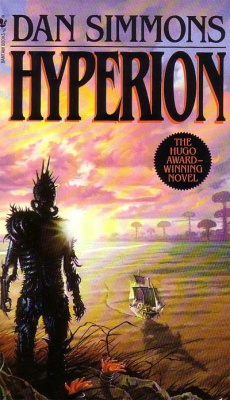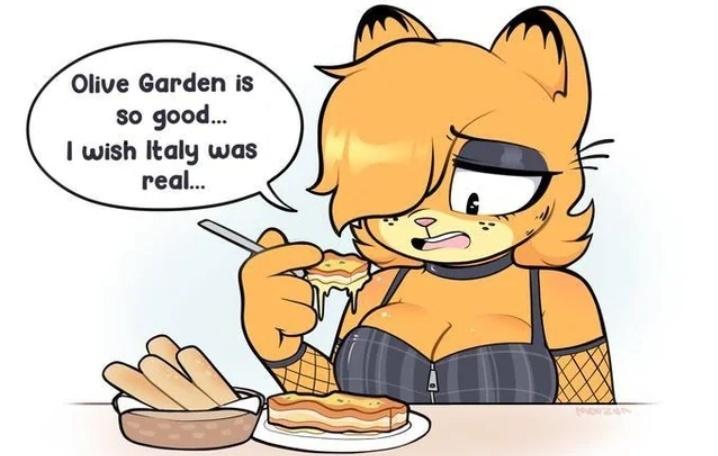Review: The Hyperion Cantos, by Dan Simmons

Oh Danny boy, oh Danny boy
Oct. 20, 2025, 10:40 p.m. by DroopThis review encompasses the next three books in The Hyperion Cantos, a series which started with Hyperion, by Dan Simmons - a book I previously reviewed. This review will contain light spoilers.
Well, I finished it, and I'm glad I did but I have to say there's something missing. Here's the thing - the rest of the series is as good as the other books, for the same reason. But I have complaints, and complaining is what I'm good at, so let's air them.
There's a massive problem in science fiction which is scope creep. Think about it and it's not hard to see why. The Expanse novels started out with the scope of the setting being the entire solar system, and eventually graduating to the entire human-populated universe. That's a pretty big setting. The characters in that setting were some of the most important people in the universe. The main plot points are equally grandiose and thrilling. And so the book ends and the audience goes, "Well, holy shit, that was something, what's in the next book?" And here's where things get really screwed up.
See, the author could stop there, but why? They've made this incredibly compelling universe and they're rolling in dough from the fans, who love it and want more. I'd want to keep going too. But, how do we ... spice it up a bit? We can't just go back to the same old plot points. Writing a more grounded character study might be good for a separate novella (which the two personalities of James S.A. Corey ended up doing), but for the main series we need to go bigger and better. But the scope is already as big as it can get. How can we make an even grander display?
Simple, the scope creeps wildly. Not good enough for the fate of the Universe to be at stake - let's throw in some more universes. Let's hit the damn Singularity and give a character godlike powers. Let's introduce aliens so advanced they have powers beyond anyone's understanding, including the author's. Fuck it, let's stake the future of all sentient life everywhere across all timelines. Eventually this devolves into a quasi-religious-quasi-scifi mishmash of nonsense, like someone put Brian Greene's The Elegant Universe and Greek mythology in a blender and let it rip. It can still be fun, but all attempts to have a grounded and relatable story are lost. We are officially shooting from the hip and praying the target falls dead.
The Expanse did it, Vernor Vinge did it in his Zones of Thought series, Cixin Liu did it in The Three Body Problem, and by golly Dan Simmons did it too.
The first two books in The Hyperion Cantos are markedly different from the last two. There are elements of Hyperion and The Fall of Hyperion that touch upon the divine - beings and concepts so far beyond human understanding that you can't write a convincing science fiction story about them. Time travel is, like, the classic scapegoat here, long past the point of being cliche, and yet people still keep doing it. But these kinds of lofty concepts are kept at an arm's length in the first half. The reader gets the sense that these concepts are supposed to be unknowable. It's fine that nobody understands how the Shrike is even supposed to work, because that's the whole point. To rationalize or humanize the Shrike is to take away it's power as a symbol.
In the second half, these deep, head-in-the-clouds, hit-your-bong-and-wonder kinds of questions enter the reader's personal space in a way that's not game-ending, but definitely game-changing. By the end of it he's literally explaining how Jesus relates to the current events of the plot. I'm not kidding. The literal manifestation of God's son on Earth has an in-universe explanation which is perfectly reasonable if you don't think too hard about it. At some point you have to step back and wonder what the fuck you're even reading about, and remember like 500 pages ago when these characters felt like someone you could bump into at a coffee shop.
I don't know, most science fiction fans probably love this stuff, and I like my fair share of heady existentialism in media. But it seems a shame when applied to stories that are so un-pretentious in the beginning.
